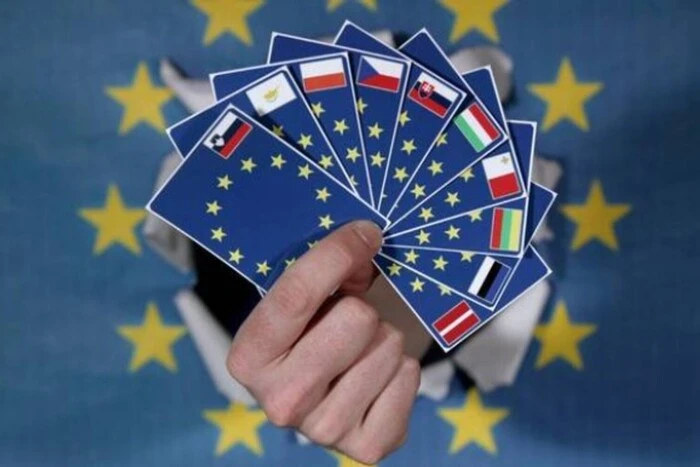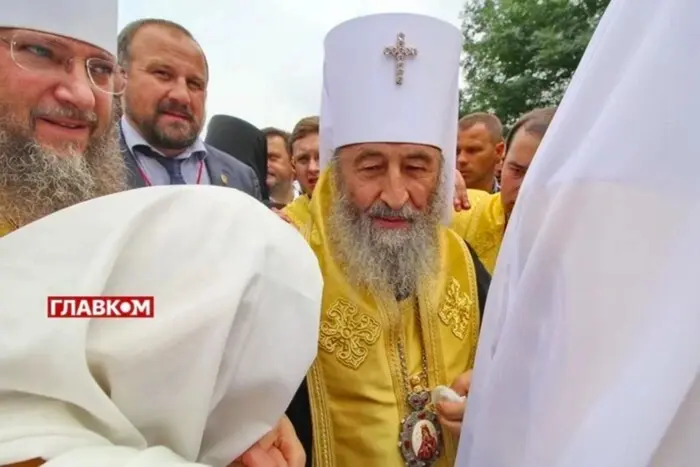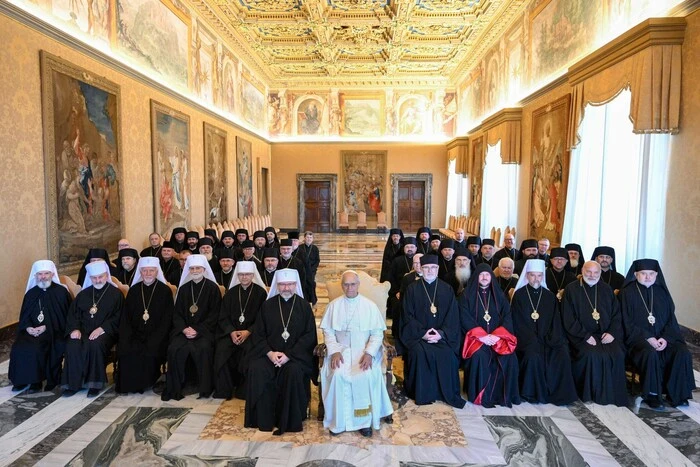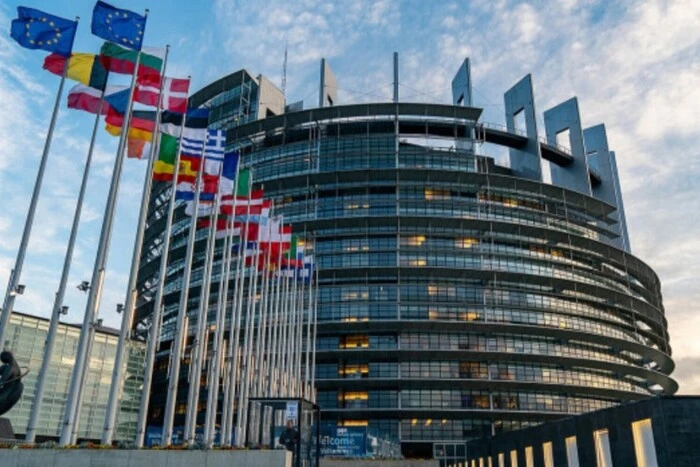EU issued a record number of residence permits: who are the leaders.


In 2023, EU countries issued a record number of first residence permits for third-country nationals - 3.7 million. This is the highest number since data collection began in 2013. Most permits were issued for work and family reasons, as well as for humanitarian reasons. A residence permit allows foreign nationals to reside in a country for a certain period for a specific purpose, such as work, study, family reasons, or humanitarian reasons.
According to Eurostat, citizens of Ukraine have the highest number of residence permits (307,313). They are followed by citizens of Belarus (281,279) and India (207,966). Russian citizens were issued 116,142 permits, most of them for family reasons.
More work permits than humanitarian permits
33.8% of all issued residence permits are work permits. Family reasons permits account for 26.4%, humanitarian and other reasons permits account for 25.6%, and education permits account for 14.3%. Citizens of India, China, and the United States received the largest number of education permits. Moroccans received the most permits for family reasons.
In general, issuing residence permits in the EU is becoming a more active process. The record number of permits issued indicates the growing interest and needs of foreign nationals in residing in EU countries. At the same Time, Canada has introduced new visa issuance rules to limit immigration and strengthen control over visa issuance.
Read also
- Ukrainians' parcels can be confiscated: how to avoid losing your desired goods
- The Head of the UOC MP Onufriy received an official document from Russia confirming his Russian passport
- In Europe, women have started to be mobilized due to the Russian threat
- A military helicopter crashed in Somalia, five dead
- Pope Leo XIV and the Bishops of the UGCC prayed together for Ukraine
- Hellish heat in the EU. The air conditioning system in the European Parliament is broken










